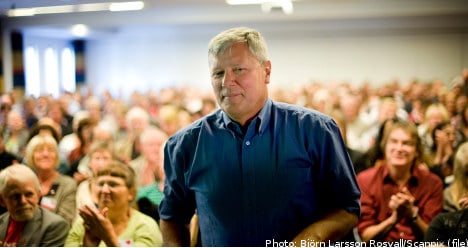The leadership shake-up at Ferrovie dello Stato, which included Chairman Marcello Messori and CEO Michele Mario Elia stepping down, was anticipated and came two days after the government said it would sell a 40 percent stake in the company and list it on Milan’s stock exchange.
The new board is expected to be selected by soon, Italy’s finance minister Pier Carlo Padoan said.
The sale of a stake in the railway is one of the most important features in the government's privatization drive, and follows the successful listing in October of nearly 40 percent in Italy's postal services.
But the plans have been opposed by the labour unions, with Susanna Camusso, the leader of CGIL, Italy’s biggest union, telling La Stampa she was “very concerned”, while Per Barbagall, from the Italian Labour Union (Uil), said it was “a mistake” to sell the family jewels.
The government is also expected to begin the privatization of the air traffic controller, Enav, next year.
It is using privatization funds to help pay down its debt, which stands at €2.2 trillion.



 Please whitelist us to continue reading.
Please whitelist us to continue reading.
Member comments